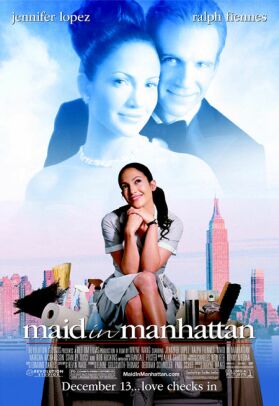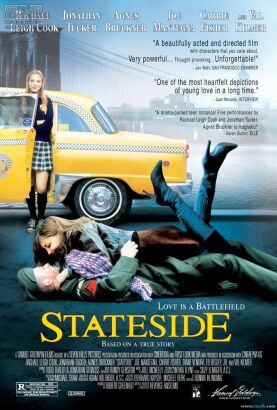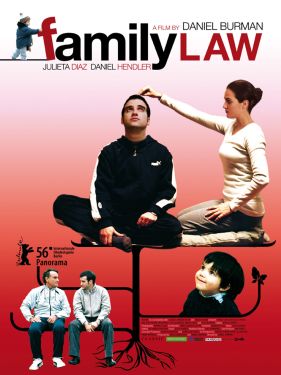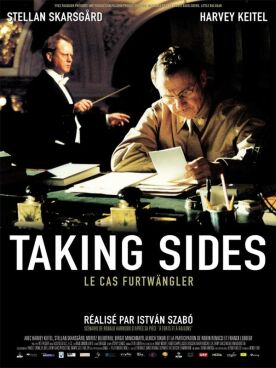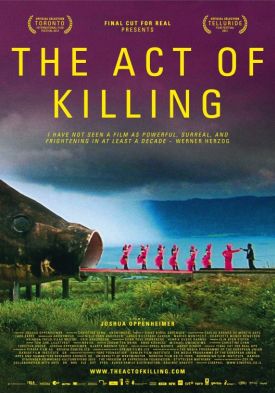Maid in Manhattan
. . . and when the prince put the glass slipper on Cinderella’s foot, boys and girls, it was a perfect fit. And then Cinderella said: “That’s great, prince, but don’t even think about asking me to be a princess until I’ve realized my real dream, which is rising to a management-level position in the Ugly Sisters Maid Service. We can meet for sex, of course, and you can stand in for my little boy’s daddy — who’s a real swine by the way — as the occasion demands. But I’ve got my own life and career to think of. Besides, I’m a proud Hispanic woman and single mother who’s used to making it on her own, and I don’t need rescuing, above all not by some white-bread, WASPy type like you.”
It loses a little something in the translation, I think you’ll agree. Wayne Wang’s film (of Kevin Wade’s screenplay), Maid in Manhattan, offers us one of the oldest and most archetypal of stories. Marisa (Jennifer Lopez) is a Hispanic divorcée living in the Bronx who works as a maid in the posh Beresford Hotel in Manhattan. Her services are much valued by her employers and she is regarded as a good prospect to be the first maid to make the leap into management. One day she is persuaded by feisty, bawdy, risk-taking fellow maid, Stephanie (Marissa Matrone), to try on the immensely expensive suit that “the goddess in the Park Suite,” Caroline Sincaire (Natasha Richardson), has asked her to take back to the shop for her when who should walk in but the most eligible bachelor in New York, State Assemblyman Christopher Marshall (Ralph Fiennes).
Well, overlook for a moment the implausibility of the celebrity treatment which is being accorded this small-time politician. And a Republican politician at that! I find it rather touching that Cinderella’s prince is still seen as a public servant and not some movie or sports star. Anyway, the assemblyman assumes that our Marisa is the goddess of the Park Suite and instantly falls in love with her — and with her precocious ten year-old son, Ty (Tyler Posey), who is interested in politics and the career of Richard Nixon and to know all about the Assemblyman’s pro-environmental voting record. (Hey! What kind of Republican is this guy, anyway?) Unwilling to disabuse him and escaping numerous chances of detection because of her maid-like talent for invisibility, she agrees to attend a political fund-raiser in borrowed clothes and jewels and has the archetypal Cinderella-like experience of turning every head in the room and inspiring every tongue to ask: “Who is she?”
Unfortunately, the Cinderella experience goes downhill from here. The prince is tiresomely and rather implausibly indignant about her “lies” — just, presumably, so that the drama may be drawn out a bit — and she shows that her prospects of joining management are what really lie close to her heart when, finally detected by Caroline (who has herself set her cap at the playboy assemblyman) and discharged from her post, she starts to work her way up from the bottom again at another hotel. Some Cinderella! There are other problems, too. Stanley Tucci does an amusing comic turn as Marshall’s top political aide, but the idea of a state assemblyman, even one with his eye on the Senate, as the object of the attentions of a mob of paparazzi is just too far-fetched to work.
And even if we can believe that the London Times and the Washington Post are interested in the comings and goings of a New York state politician, what are we to think of their, and the tabloids’, news sense when the political consensus is that the rich assemblyman’s romance with the poor maid “is going to kill his career.” Are you kidding me? The guy would have to be a political stiff not to go all out to marry the girl at once. That he doesn’t is even more unbelievable than her decision to go back to scrubbing floors in the hope of eventual promotion, rather than pressing her advantage in order to become the well-provided-for wife of a U.S. Senator.
But there are moments when there is enough left of the old Cinderella story, the real Cinderella story, to make us glad to have seen it. One such comes when Cinderella is all dressed up to go to the ball and suddenly, like the Puerto-Rican-American princess that she is, has a moment of doubt: “This is all a lie,” she moans as she surveys her borrowed finery.
“No, honey it’s a dream,” says feisty best friend Steph, “and you’re doing it for all of us. Tonight the maid is a lie, and this is who you really are.” For just a moment Messrs Wang and Wade appear to understand the fairy tale they have taken on, though they haven’t the courage in the end not to update it and make it politically correct — no rescuing please! To the extent that they do, this is no longer a Cinderella story but, for all its remaining charms, just another meet-cute-in-New-York, post-feminist Hollywood romance trying to disguise the fact that it is a political parable. Pity.
Discover more from James Bowman
Subscribe to get the latest posts to your email.

